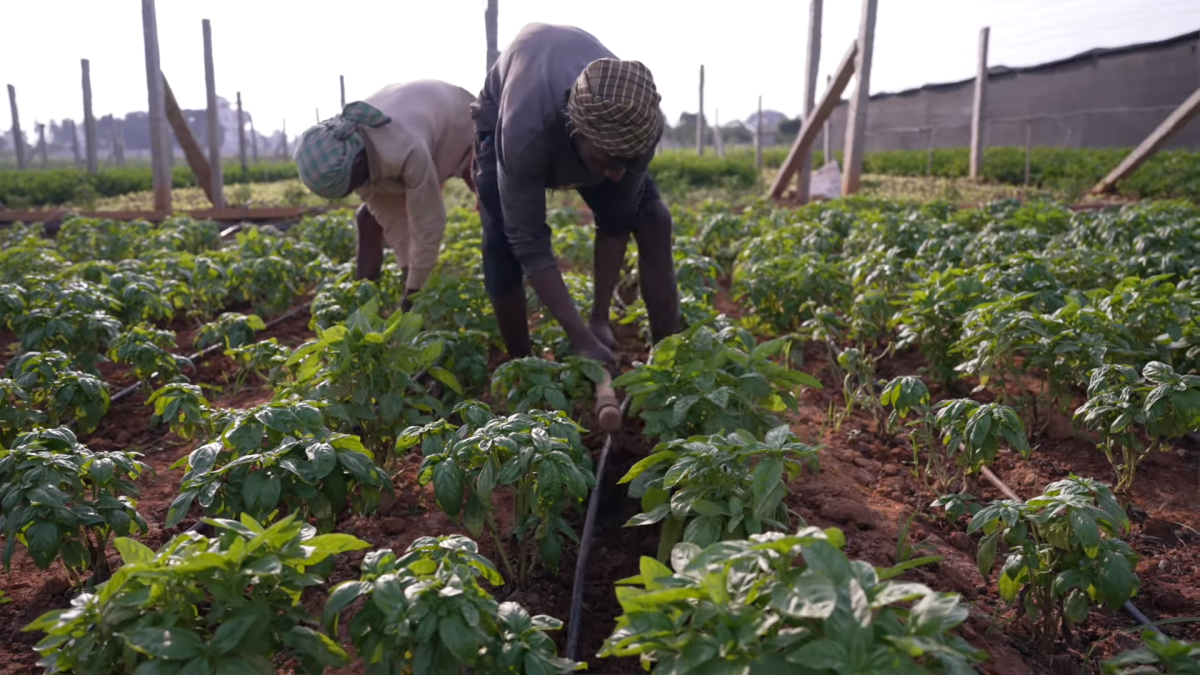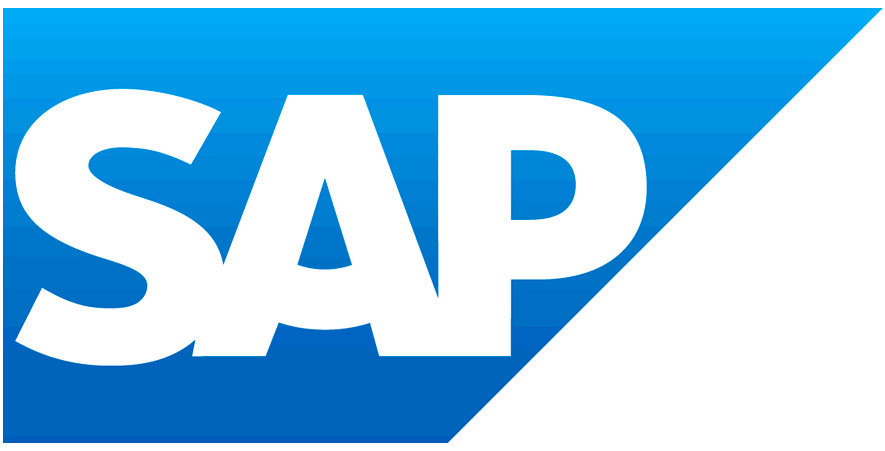WayCool Builds India’s Sustainable Food Chain With SAP S/4HANA
Feature by Susan Galer
There’s no better proving ground for the incredible power of digitalized food chains than India, one of the most populated countries worldwide. As India’s leading food agritech company, WayCool Foods has pioneered a data-driven strategy designed to close the gap between supply and demand, decreasing food waste and increasing revenue for every organization across the value chain.
“With one integrated platform that connects data from farmers through processing, warehouses, and retail, we are transforming the traditional food chain from supplier-driven to demand-driven,” said Karthik Jayaraman, co-founder and managing director at WayCool. “We selected RISE with SAP because it is a flexible, cloud-based foundation for our growing business. SAP S/4HANA provides a single source of truth company-wide and across our ecosystem, helping us produce and deliver the delicious food that consumers want on their table.”
The company has already reduced food wastage by up to 96% while improving the average income of farmers by over 13%.
Data Insights Align Food Supply with Demand
Putting predictability and farming in the same sentence might seem like a stretch in a world rocked by disruptions like extreme weather and geopolitical conflicts. However, WayCool orchestrates a groundbreaking collaborative effort. It starts with farmers who produce the fruits, vegetables, and other staples that feed the Indian population and extends to partners, warehouse operations, distribution, and retailers.
“Sharing information with our partners in procurement who run processing and warehouse facilities, along with transportation logistics and retail, we can align supply with the right pricing for greater efficiencies and governance that produces the highest quality products,” said Avinash Kasinathan, chief technology officer at WayCool. “Data transparency also means that farmers can base field production on actual market demand and consumption.”
Farmer Income Grows with Data-Driven Strategy
WayCool’s ability to trace products from farm to end consumer provides the company and its ecosystem with forecasting and planning insights based on real-time customer feedback and market demands. Using this connected data, WayCool makes recommendations to farmers on what fruits and vegetables to grow for the highest yields and uptake at the best prices.
Fourth-generation farmer Hari Prasad, located in a village called Karnataka on the outskirts of East Bangalore, is one of the over 200,000 farmers that WayCool provides with detailed cultivation plans.
“Unlike traditional farming, WayCool recommends what to plant, when, and where, letting us know up front what they’ll purchase at fair prices based on harvest time frames and factoring in staggered market demands,” he said. “We don’t have to worry about whether or not we’ll sell our yield, and we can calculate continuous earnings in a more predictable and consistent manner.”
Although farmers may have smaller yields, harvesting crops on a more consistent basis throughout the year levels out supply and demand spikes and downturns. If crop prices fall one week and rise the next, farmers can average out major risks with a steadier stream of income over time.
AI-Based Technologies Reduce Waste and Boost Crop Yields
WayCool has infused AI capabilities across its digitalized supply chain to increase quality yield and decrease waste. AI is built into the recommendation engine that tells retailers which products on their shelves will sell faster according to store location demographics. In the field, farmers use AI-based image recognition to quickly identify plant diseases and set up treatment plans. Internet of Things (IoT)-based sensors in the soil send farmers alerts on weather patterns to guide more cost-efficient and sustainable irrigation decisions. The company is exploring generative AI use cases as well.
Sustainable Agriculture Vision for the World
For WayCool and its partners, sustainable business encompasses the full range of environmental, social, and governance (ESG) commitments. Digitalization has an important role, for example, in regenerative farming practices. Farmers can use data-driven insights to produce stronger seeds for biodiversity, growing crops that are more climate-resilient and use less water and fertilizer in healthier soil.
Looking ahead, Jayaraman is eager to bring WayCool’s digitalized business model from India to other regions such as Southeast Asia, the Middle East, and Africa.
“The food supply chain is a huge global market, yet agribusiness is one of the least digitized industries,” said Jayaraman. “We’ve experienced how technology is revolutionizing food chains in India, and we’re excited about bringing people in other parts of the world greater access to affordable, quality food for the next generation of sustainable agriculture.”



